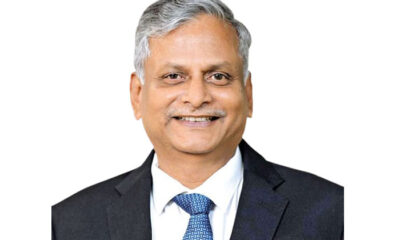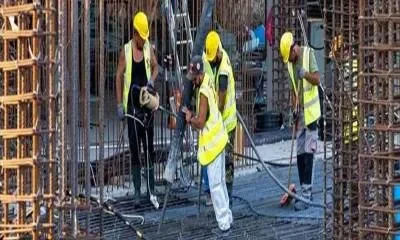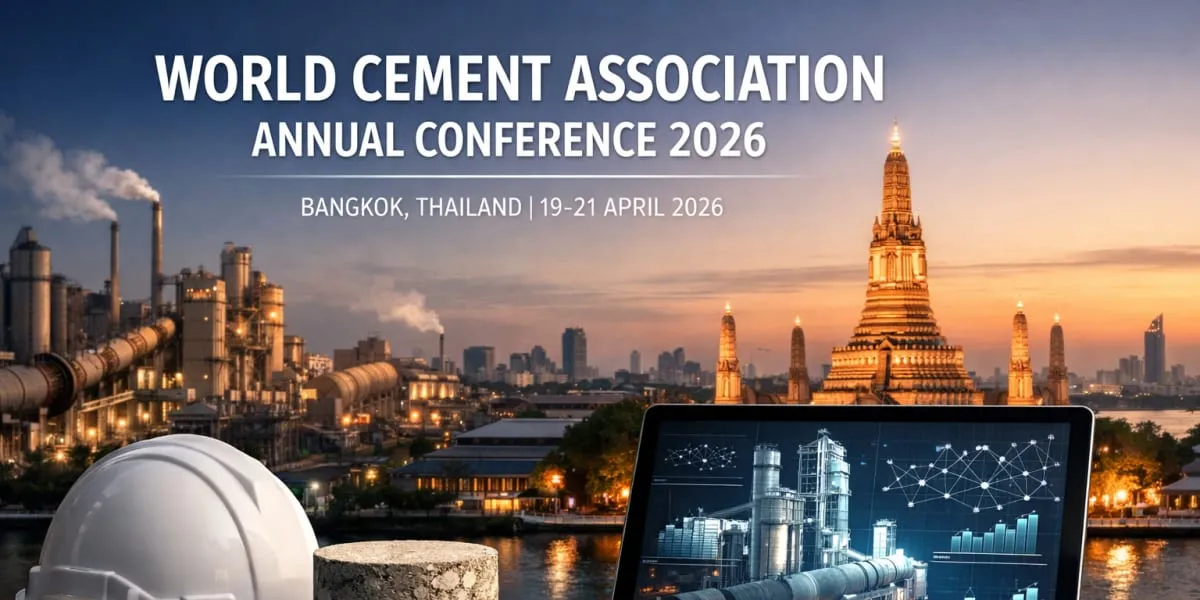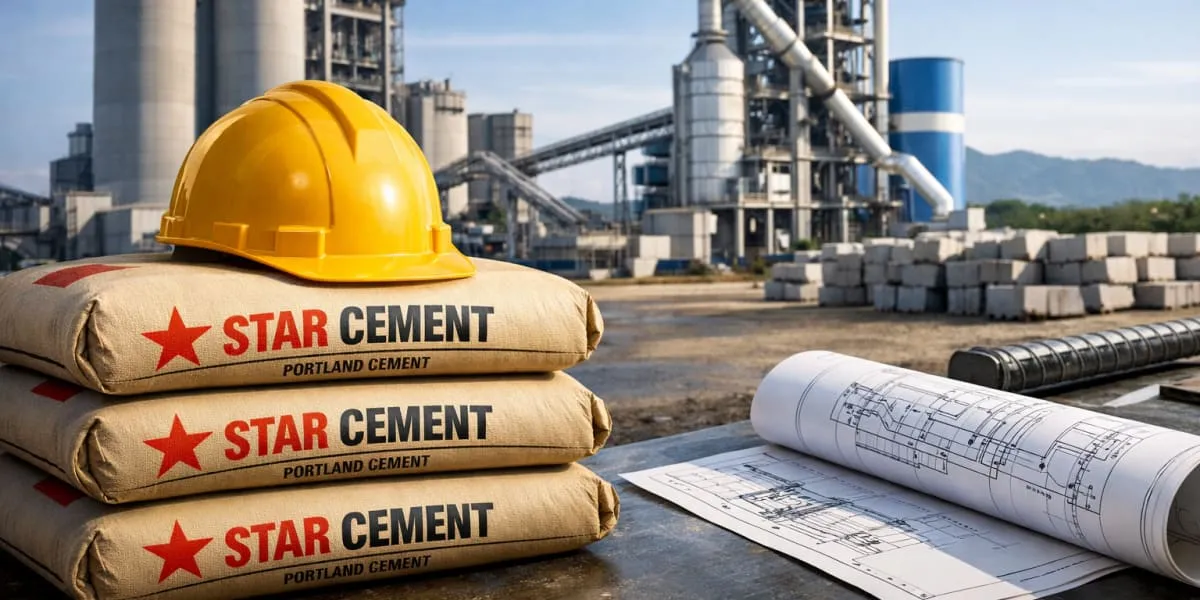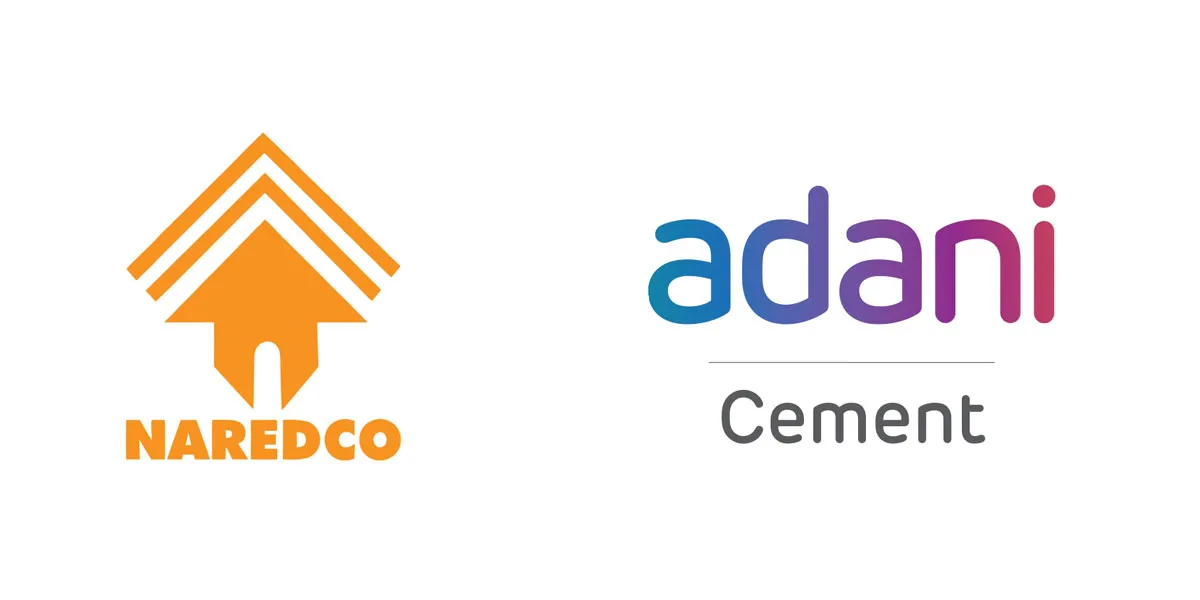Neeraj Akhoury, Managing Director, Shree Cement, talks about their commitment to sustainability, advanced technology and quality assurance.
What are the various types of concrete mix manufactured by your organisation?
Shree Cement’s product, Bangur Concrete, introduces a range of specialised concrete solutions designed to meet the diverse applications and structural requirements of our customers. Our portfolio includes self-compacting concrete, temperature-controlled concrete, decorative concrete, fibre reinforced concrete, green concrete and high performance concrete.
Our application-specific concrete solutions help in timely completion of all projects, ensuring durable structures for every application in construction projects of all kinds.
Tell us about the key factors that make your concrete brand stand apart from its competitors in the industry.
Bangur Concrete is focused on setting up its own capex state-of-the-art manufacturing units equipped with modern machinery and advanced technology, backed by our world class cement manufacturing units. These units will be equipped to manufacture all types of special concrete, having advanced testing facilities, experienced best-in-industry technical manpower and digitised solutions. One of our USPs is our focus on providing sustainable green solutions to our customers by keeping our plants environmentally friendly and reducing carbon footprint through optimised mix designs and the use of best mineral admixtures.
Which type of concrete mix from your organisation is the revenue driver?
We will be producing concrete ranging from M5 to M80 grades, and special products as well. Typically, a majority of revenue comes from M20-M30 grade of concrete, which is being
used in most of the construction including IHBs.
Tell us about the key technologies used in the manufacturing process of your ready-mix concrete?
We have equipped our plants with various technologies to enhance efficiency and sustainability. These include concrete recycling plants for reusing waste concrete, dust filters for absorbing dust at silos for reuse, vehicle tracking systems for transparent service, quality management systems for quality assurance, advanced batching systems for accuracy in customer orders and filter press for water reuse.
What is the ratio of M-Sand or manufactured sand used in your concrete mix?
We plan to use ~29 per cent manufactured sand in our concrete mix.
How do you incorporate sustainability in your products?
We plan to make ~85 per cent of Bangur concrete using flyash and GGBS, two environmentally sustainable choices which emit less carbon dioxide. Additionally, we intend to use Construction and Demolition (C&D) waste as a raw material in our concrete, addressing environmental issues related to its disposal.
What are the major challenges faced by your concrete brands from manufacturing to delivering stages?
Major challenges that we face include traffic restrictions, space constraints for setting up plants in proximity to the city, changing construction schedules (such as night pours), meeting strict supply windows and navigating changing government norms like NGT ban in Delhi NCR. Additionally, the longer distance between RMC plants and major development areas due to unavailability of industrial lands poses another challenge. However, we have an excellent team in place who are well positioned to find sustainable and logical solutions to challenges that come our way.
What does the near future hold for the ready mix concrete vertical of your organisation?
One of the biggest contributions to our nation’s economy comes from the construction industry where concrete plays a very important part. Ready mix concrete (RMC) is crucial for speedy construction with consistent quality assurance. In India, RMC accounts for 20 per cent of construction consumption, whereas in developing nations it is as high as 75 per cent. We are optimistic that India will soon bridge this gap, boosting the country’s growth and development.
Shree Cement is one of India’s leading cement manufacturers. Foraying into the RMC business will propel us forward in our journey to becoming a multi-product company poised to play a significant role in shaping our country’s vision of having world class infrastructure across sectors like airports, ports, metro, roads, railways, etc. Shree Cement will set up ~100 Bangur concrete plants in the next three years, generating ~3000 direct and indirect employment opportunities. We will be operating in ~50 cities to serve our customers in various segments.


 Economy & Market4 weeks ago
Economy & Market4 weeks ago
 Economy & Market4 weeks ago
Economy & Market4 weeks ago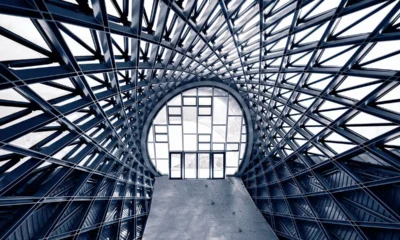
 Concrete1 month ago
Concrete1 month ago
 Concrete2 weeks ago
Concrete2 weeks ago


